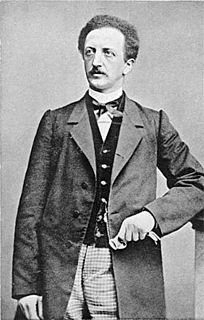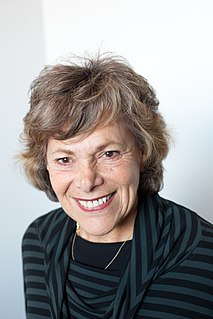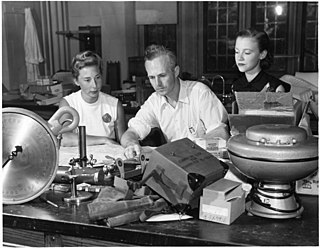A Quote by Paul Goodman
The "brightness" of the 15 percent might or might not indicate a profound feeling for the causes of things; it is largely verbal and symbol-manipulating, and is almost certainly partly an obsessional device not to know and touch risky matter, just as Freud long ago pointed out that the nagging questions of small children are a substitute for asking the forbidden questions.
Related Quotes
A Nicklaus Design golf course is done by the guys in my company that I work with, that have been trained in my vision, and they do what they think I might do. They might come in the office and ask me questions and I'd certainly answer their questions, but I'm not involved in the site visits or anything else.
Many of the questions we ask God can't be answered directly, not because God doesn't know the answers but because our questions don't make sense. As C.S. Lewis once pointed out, many of our questions are, from God's point of view, rather like someone asking, "Is yellow square or round?" or "How many hours are there is a mile?
If you don't put the spiritual and religious dimension into our political conversation, you won't be asking the really big and important question. If you don't bring in values and religion, you'll be asking superficial questions. What is life all about? What is our relationship to God? These are the important questions. What is our obligation to one another and community? If we don't ask those questions, the residual questions that we're asking aren't as interesting.
I certainly wasn't seeking any degree, the way a college confers a status symbol upon its students. My homemade education gave me, with every additional book that I read, a little bit more sensitivity to the deafness, dumbness and blindness that was afflicting the black race in America. Not long ago, an English writer telephoned me, asking questions. One was, "What's your alma mater?" I told him, "Books.
If we respect students abilities to define their own experiences, to generate their own hypotheses, and to discover new ways of categorizing the world, we might not be so quick to evaluate the adequacy of their answers. We might, instead, begin listening to their questions. Out of the questions of students come some of the most creative ideas and discoveries.






































